Programs
We provide a wide range of Program Interventions
That are described below
Strategic Objectives (SO)
SO1
To Increase the social, economic, and political participation of women, fostering gender equality, and improving the overall well-being and rights of women in the country
SO2
To improve access to sustainable livelihoods, enhancing food security, and building resilience against shocks like drought, conflict, and economic instability.
SO3
To improve access to clean and safe water, adequate sanitation facilities, and promote hygiene practices, particularly in vulnerable communities affected by conflict, displacement, and drought.
SO4
To ensure equitable access to quality education for all, particularly in underserved and conflict-affected areas. Key goals include increasing school enrollment, particularly for marginalized groups such as girls, displaced persons, and children from minority communities, while improving the quality of teaching and learning materials.
SO5
To safeguard the rights and well-being of vulnerable populations, particularly women and girls; IDPs, disabled persons and minority groups.
Our Intervention Areas
Education
Education is the cornerstone of any nation. Challenges confronting the education sector are the direct consequence of protracted emergencies over the past two decades stemming from conflict, drought and flooding. Together, the multi-pronged emergencies have had a significant impact on the education systems and on the lives of children and youth in Somalia. The challenges facing the sector are daunting, including lack of access and widespread inequity. In addition, the education provision is of low quality, mainly due to the high number of unqualified and untrained teachers, multiple curricula, poor education infrastructure and weak capacity for service delivery.
Health
Public health in Somalia has been impacted directly (civil unrest and violence) and indirectly (diseases and/or malnutrition) from both man-made and natural disasters, most acutely since the collapse of the central Somali government in 1990. Most susceptible to the constant threat of concurrent droughts, food insecurity and civil unrest have been the most vulnerable in society, namely women, children, old people and people living in poverty. Malnutrition in Somalia is at a crisis level, and it has been projected by the Food and Agricultural Organization (FAO) that over 900,000 children were faced with acute malnourishment in 2019, a quarter of them likely to be severely affected.
WASH
Health, well-being and social development is closely tied to access to safe water, sanitation and hygiene. In the case of Somalia, erratic rainfall, protracted conflict and lack of adequate water sources have created barriers to access. Inadequate access to water, lack of sanitation and poor hygiene have helped to accelerate the increasing rate of disease in Somalia. A strategic, comprehensive approach is required to set up a sustainable water availability system in order to meet the urgent needs of vulnerable populations that are already suffering from other challenges.
LIVELIHOOD
The Somali community is largely dependent on agriculture, livestock and income from remittances. The food security situation has been deteriorating in many rural areas to recurrent droughts. Recurring and drastic climate changes and armed conflict in Somalia have led to the displacement of large populations and disruption of agricultural production as many farmers have been forced off their farms. This will ultimately result in low food production, escalating food prices and dropping of livestock prices resulting in rural unemployment. All these will have direct and indirect consequences for the households in the form of losing their livelihoods and being displaced.
PROTECTION
Our work focus on A protection for women, children, and vulnerable groups in Somalia, specifically on strengthening legal frameworks to address gender-based violence (GBV), child protection, and discrimination. It also advocates for legal reforms that safeguard women's property rights, inheritance laws, and protection from harmful practices like forced marriage and FGM. Providing access to essential services like healthcare, psychosocial support, and legal aid is crucial. Community engagement, including working with religious leaders and elders, can help shift harmful social norms. Lastly, promoting safe spaces and shelters for victims of violence and creating awareness through education and advocacy are vital components.
Women Empowerment
We focus on improving access to financial resources, entrepreneurship, and business grants for women. It should enhance vocational training and promote market-relevant skills alongside financial literacy. Increasing girls' access to education, especially in rural areas, and addressing socio-cultural barriers like early marriages is crucial. Advocacy for women’s participation in decision-making and leadership roles should be promoted. Legal reforms to protect women's rights and ensure equal opportunities are also essential for long-term empowerment.
Photo Caption
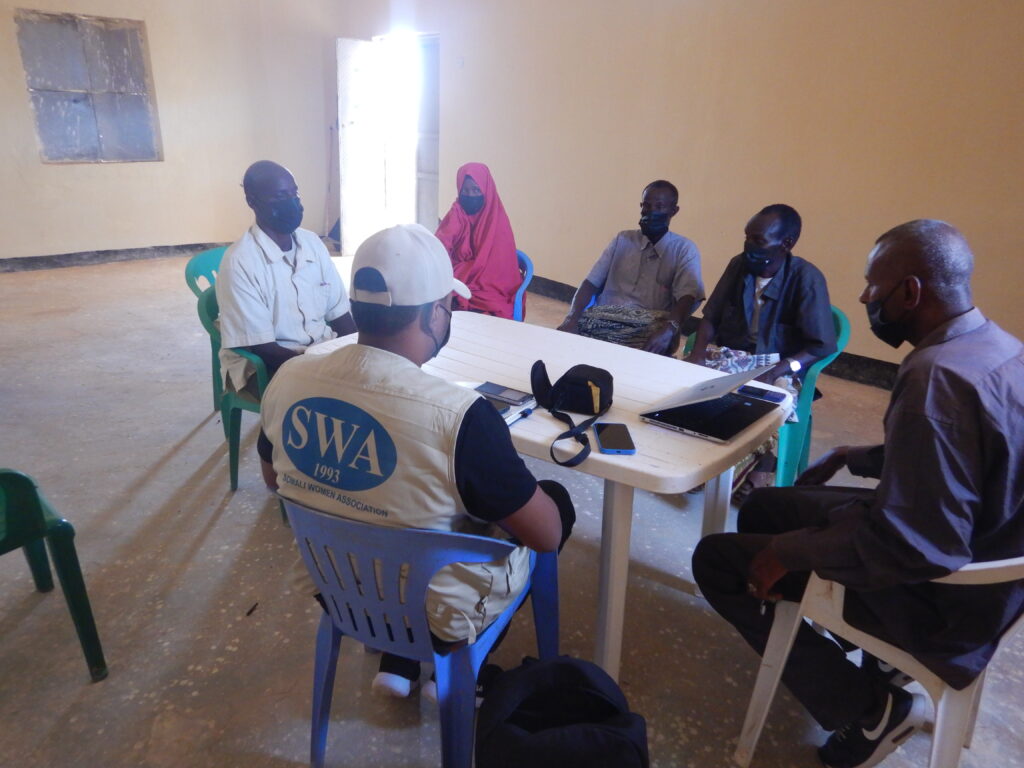
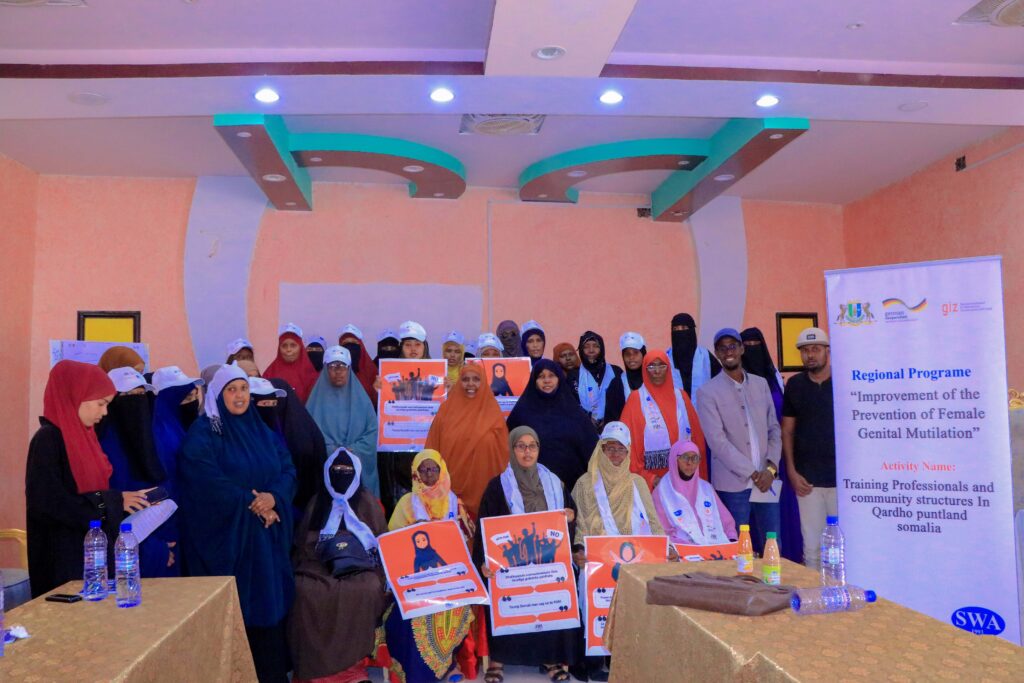
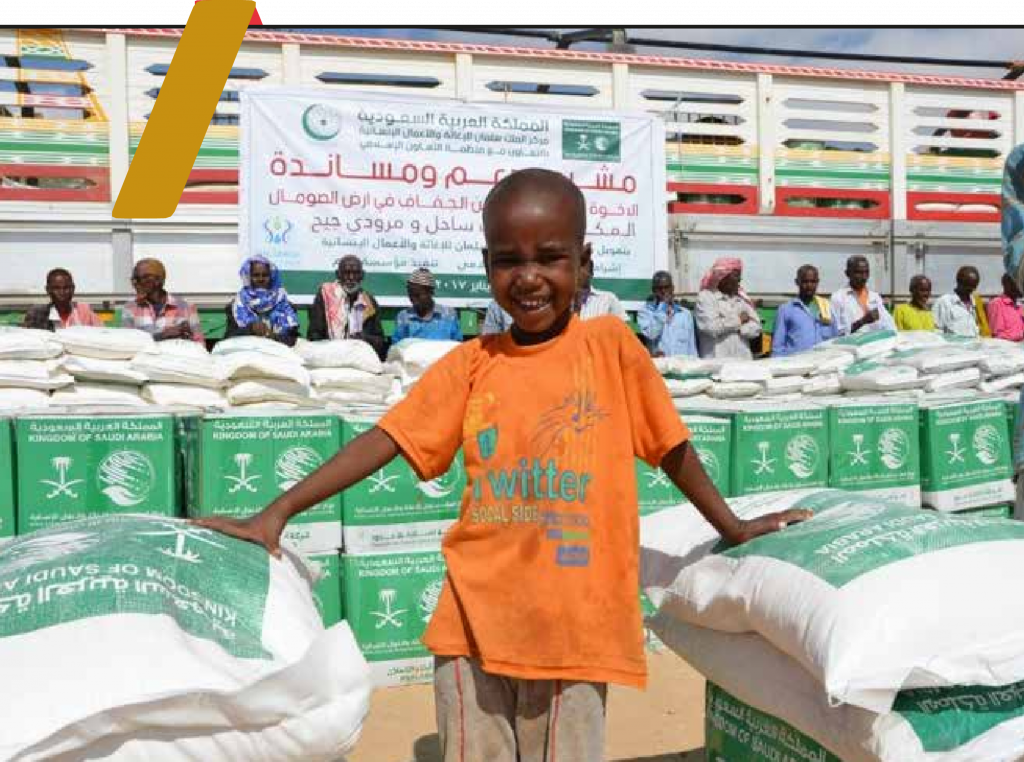
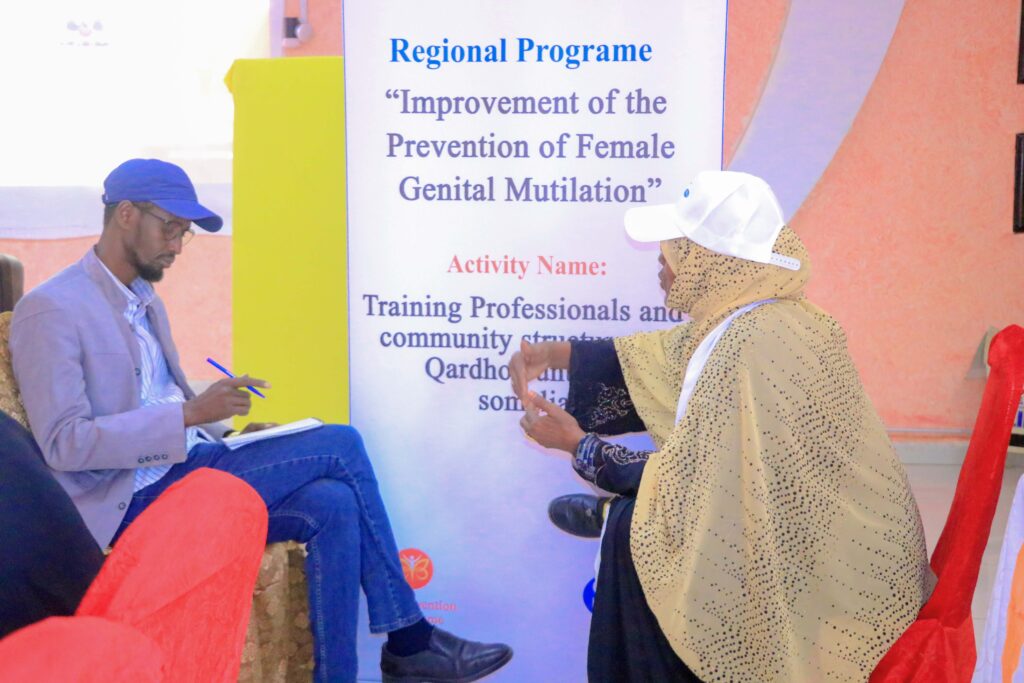
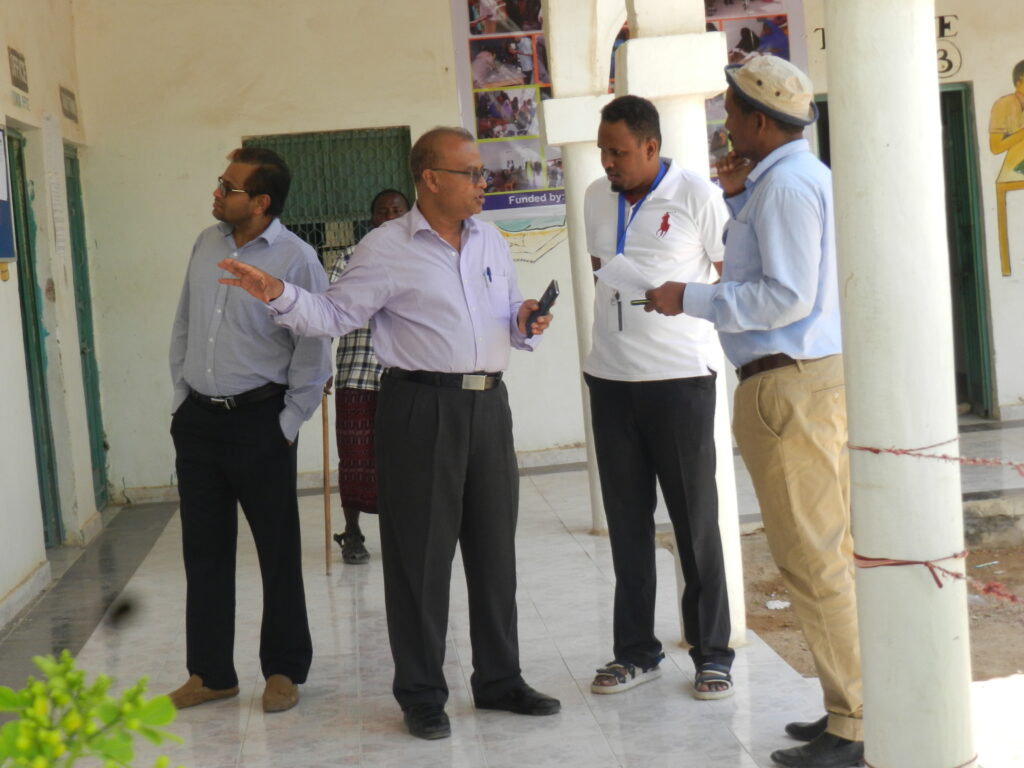
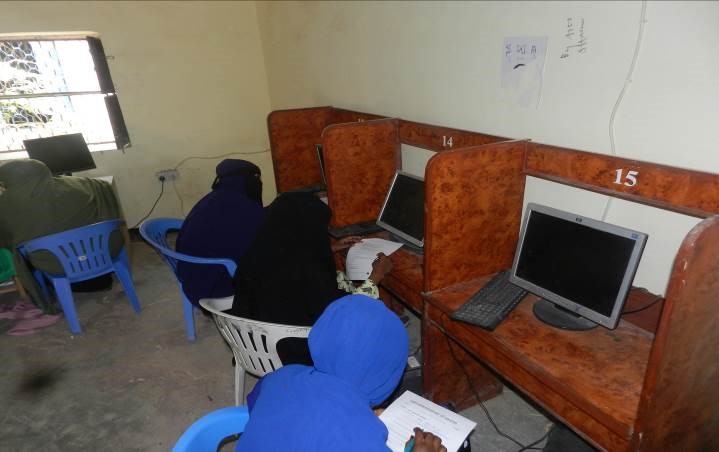
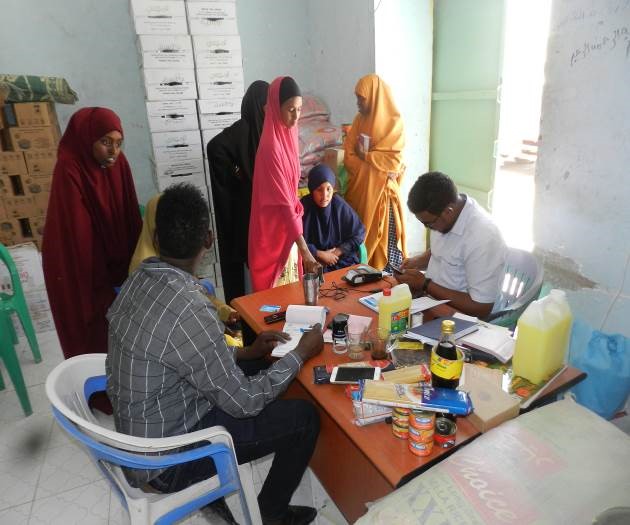

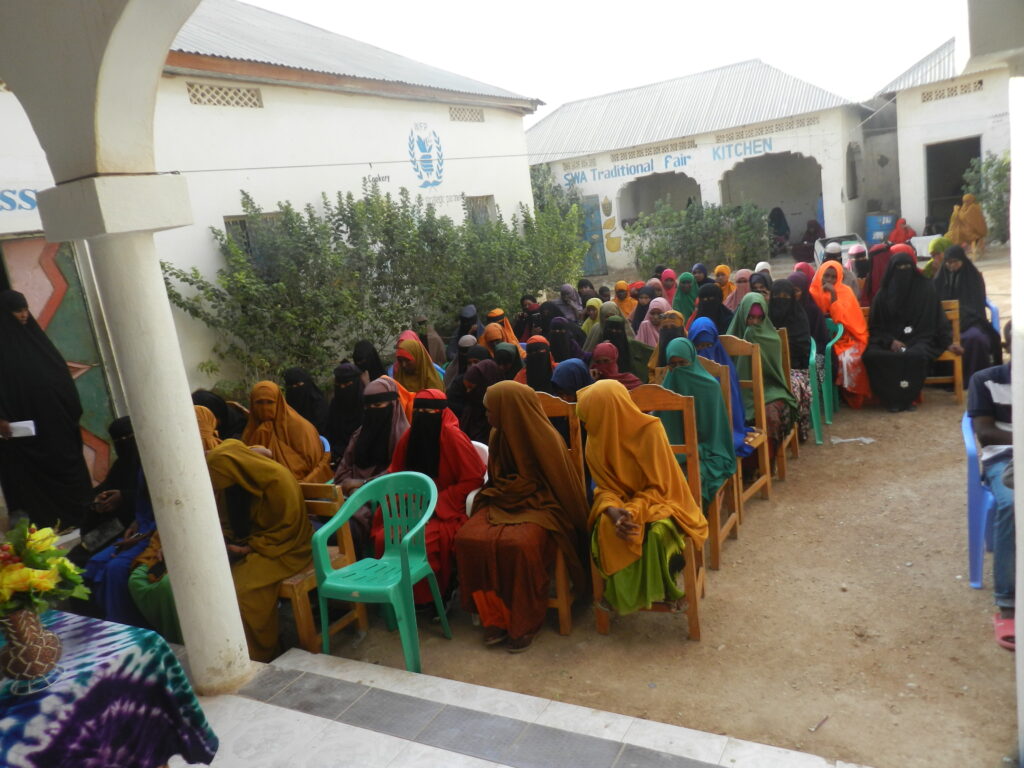
Core Values
RESPECT
We are committed to treating the people we serve with dignity and to listen to them for solutions that work for them.
NONPARTISAN
We believe in serving all people who are in need with impartiality and in an equitable manner.
QUALITY
We strive to meet our objectives, serve our beneficiaries and satisfy the expectations of all stakeholders best of our ability.
ACCOUNTABILITY
We are committed to being responsible and transparent in all our activities.
ADVOCACY
We seek to ensure that the most vulnerable people in our society can take part in decisions that affect their lives.
INNOVATION
We are a learning organization dedicated to seeking appropriate and effective interventions for poverty and enhancing living standards in the Horn of Africa.
Would you like to start a project with us?
We are one most reputable and effective organizations in Somalia, we welcome partnerships from reputable and like-minded organizations around the world.
